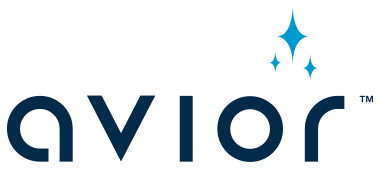The world of private banking is competitive and is only expected to increase intensity in the coming decade as global wealth continues to settle into the hands of the super-rich, according to EuroMoney.
What does this mean for private bankers?
So, what is it that you should look for when hiring for the private banker role? How does one stand out among the rest?
Here are some tips from senior recruiting executives.
Your COI Reach Is Your Ticket In
More so than any other trait in a potential candidate, clients are looking for private bankers with an extensive list of wealthy COIs (Centers of Influence) you could reach out to. Even if you came from another bank and signed a non-solicitation agreement, they want to see your reach.
The catch 22, though, is they have to see you can easily build your clientele in the midst of your waiting period until you can once again reach out to previous clients. Many banks want to see you bring in numerous clients within your first year on the job, so you can’t expect to rely on your previous COIs once you switch over.
Still, banks want to see that you’ve done it once and can do it over and over again.
Candidates should show that they’ve built the portfolio themselves and that they are hunters in the industry. The private bankers that get hired are those that, during the interview process, make it known how aggressive they are at obtaining and retaining new clients – and let’s be honest, the wealthier, the better.
Special Licenses and Certifications Give You A Competitive Edge
There are specific licenses and certifications that, in combination with a large clientele, reach and give the upper hand in nearly any interview.
These licenses and certifications include:
- A Series 7
- A Series 66
- Certified Financial Advisor (CFA) Certification
Each country has specific license designations. In the U.S., it is customary that a private banker possesses FINRA licenses such as the 7 & 66. Designations such as CFA, CFP, or CAIA are universal.
The CFA Certification is harder to receive because it takes three years to complete. Most private bankers do not have a CFA Certification, so this isn’t something that will be a make or break. However, it can give you an edge against your competitors if you go the extra mile to find such candidates.
More than anything, if an application is to stand out on the desk of a recruiter, it must be apparent that they spend a great portion of their career extending themselves to potential – wealthy – individuals. As the industry continues to get more competitive, the need to get the best people becomes more and more important.





